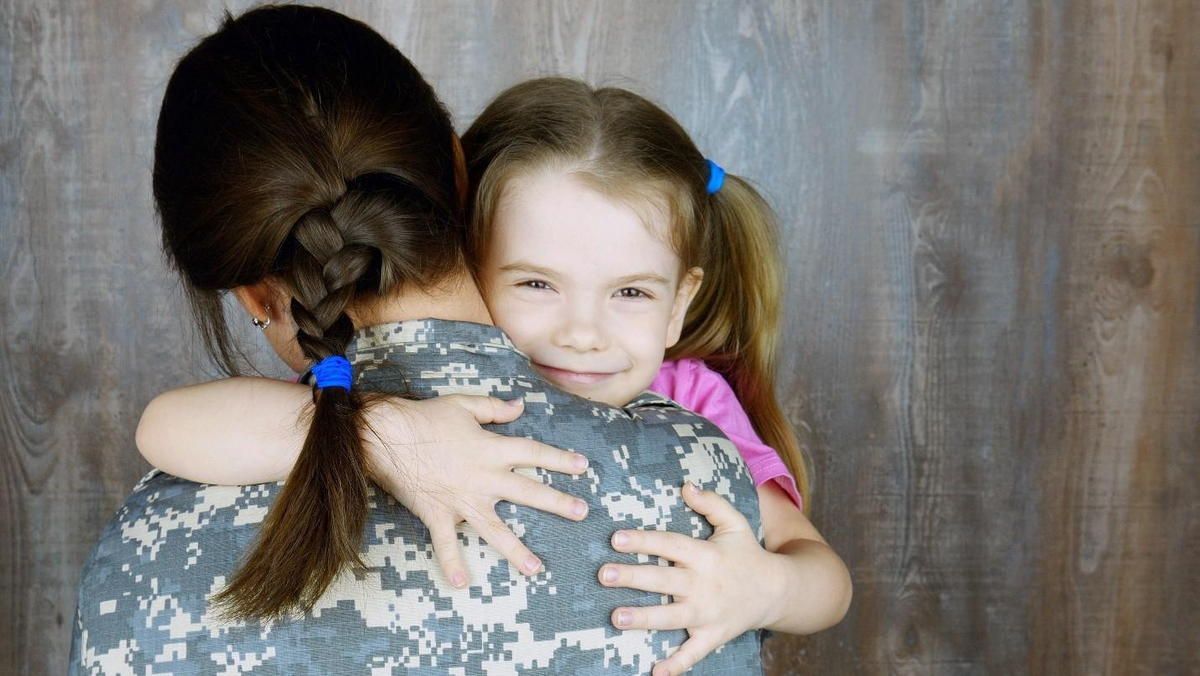Has returning to school after COVID-19 made eating disorders worse in our kids?
The historic COVID-19 is finally nearing its end. While the virus is slowly vanishing from our headlines, it is leaving an equally severe pandemic of mental health problems in its path.
People have been exposed to tremendous stress levels in the past few years.
Fear of death, loss of loved ones, the trauma of the widespread disease, unemployment, financial losses, are just a few of the fears left behind. The world experienced a massive 25% spike in depression and anxiety in the first year of COVID-19. It only got worse in the coming years.
Even if COVID-19 is coming to a halt, we still have a long way to go to shake off the psychological problems that came with it, and instantly adjusting back to our regular lives after all this stress is just not possible.
Especially for those with eating disorders and body image problems, returning to school puts them at significant risk for a perfect storm.
Why? Because schools can contain many conditions that can lead to eating disorders and make them worse.
Let’s look at some stresses of children going back to classes after the lockdown and how it may affect their eating disorder behaviors.
Transitioning to in-person learning after years of online lectures means a new beginning, posing the biggest challenge.
Children missed out on big milestones, lacked peer-to-peer interaction to develop crucial social skills, fell back in their studies, got used to staying home with the whole family all day, every day, and much more.
Remote learning has taken an emotional, mental, and developmental toll on children.
And reopening schools means many new starts all over again for kids because they are no longer used to such a lifestyle.
They may be stressed going back to school after being isolated, might develop separation anxiety because of living for so long with their parents, may be anxious or depressed, and haven't had time to process the effects of the pandemic.
And with all this, they are expected to resume like normal without having time to adjust.
The added stress of wearing masks, not touching anyone, all while trying to keep a safe distance is extra hard. This transition can be challenging and stress-inducing!
Adults can understand and cope with increased stress most of the time, but the same is not the case with children.
Children can easily resort to unhealthy coping mechanisms. Eating food for comfort is common among children, and increased stress may lead them to develop negative eating habits like binging or restricting, which can later turn into full-blown eating disorders.
For children with a history of eating disorders, this could trigger a relapse.
Adjusting to a new school routine could also mean a complete overhaul of your eating habits. While children were home, they had access to the whole pantry most of the time.
But with physical classes, their eating windows and the variety of foods are limited because you only have access to the food you bring to school or what school offers.
For students with eating disorders, this creates anxiety about their ability to eat intuitively throughout the day. In addition, those in recovery may have negative feelings of guilt and shame around eating in public which may cause individuals to restrict food further.
Social media usage skyrocketed during the pandemic.
This almost 24/7 access to negative, unauthentic, perfectionistic social media feeds can foster fake, elusive, and unrealistic standards of beauty that are impossible to achieve.
And children had a lot of free time and social media influence to instill such beliefs in themselves.
There is a strong correlation between social media usage and negative behaviors related to eating and body image.
When children return to school with a more distorted body image due to excessive social media usage, they may feel even more insecure about themselves.
Social media shows us a highly filtered version of reality that people often tamper with to show what they want others to see and not how things truly are.

Teens are also bombarded with harmful marketing tactics online that promote the “perfect body” and various body-shaming messages every day.
Even the most good-looking people have physical flaws, but they use highly edited photos to make themselves appear flawless.
Children usually don’t see things this way. They start comparing someone else’s highly edited photos with their real-life selves and develop insecurities about their looks.
Returning to school with such a mindset makes things even more difficult for someone with an eating disorder.
If you gained some weight throughout the pandemic (which was normal for everyone), your peers might remark on your added weight because you were previously associated with being thin.
This can also pressure you to do something about your weight and do it fast, leading to developing shortcuts and relying on harmful eating habits.
Fitting in during middle, high school, or even college can be a pretty exhausting experience. To look better, some groups may promote eating disorder behaviors like dieting, losing weight, and emphasizing your looks and body image.
Some students may resort to dieting, intermittent fasting, and excessive exercising to quickly achieve their physical goals, which is a precursor to eating disorders.
Other than social critiques, sports in school can also greatly emphasize body weight, size, or shape.
Bullying is also a serious issue in most middle or high schools that may force some children to adopt negative eating behaviors. If children are made to feel bad about their body weight or how they look, they may revert to their old ways of coping by abusing food.
Bullying, body discrimination, and negative remarks can spark disordered behavior and emotional distress in children as young as nine.
Besides directly targeting your looks, school environments can also be unusually perfectionistic.
Good grades, social acceptance, and sports wins are highly emphasized. When children return to school after the pandemic and can’t catch up with their losses, they may slip back into disordered eating to regain control over their lives.
Children are not alone in this mental health pandemic, as parents may also suffer some anxiety about school reopening. Children may become clingier and more nervous during this transition, thus becoming harder to handle. In such troubling times, it can be hard for parents to project confidence themselves.
This time around, going back to school can be especially challenging for children with eating disorders and body image issues.
However, things don’t have to be this way.

Becoming mindful of the danger your child may experience and taking proactive steps to prepare them can help them evade many of the abovementioned problems.
Especially if your child already has a history of body image problems or if you experience unusual eating patterns, then it’s important to provide them with proper care and guidance before things escalate.
Seeking professional help for your child before they embark on their school journey can be extremely beneficial to help them manage their underlying mental health problems and equip them with helpful strategies that can save them from falling into the pitfalls of eating disorders.










